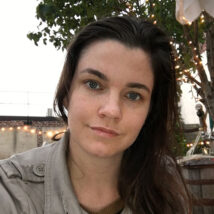
Katie Grace Carpenter
Katie Grace Carpenter is a science writer and curriculum developer, with degrees in biology and biogeochemistry. She also writes science fiction and creates science videos. Katie lives in the U.S. but also spends time in Sweden with her husband, who’s a chef.

All Stories by Katie Grace Carpenter
-
 Chemistry
ChemistryScientists Say: Methane
Used to cook food and heat homes, this potent greenhouse gas accounts for 30 percent of the warming of our climate.
-
 Math
MathScientists Say: Correlation and Causation
There is a correlation between countries where people eat more chocolate and those that produce more Nobel Prize winners. But beware assuming that one variable causes the other.
-
 Materials Science
Materials ScienceScientists Say: Semiconductor
Modern electronics, from cell phones to video games, work thanks to these conductor-insulator hybrids.
-
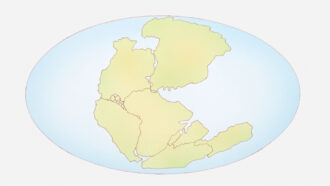 Earth
EarthScientists Say: Supercontinent
These gigantic landmasses form when much of Earth’s landmass smashes together.
-
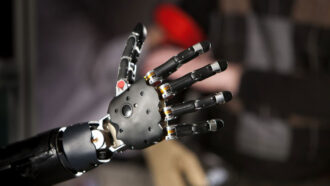 Tech
TechScientists Say: Bionic
This type of technology combines natural and synthetic systems. It can restore lost vision and mobility and even grant cells new abilities.
-
 Environment
EnvironmentScientists Say: Carbon capture
Carbon capture technology tackles climate change by stomping out carbon dioxide at the source.
-
 Science & Society
Science & SocietyScientists Say: Model
Models are representations of real-life systems or processes that we use to ask questions, make predictions and test our knowledge.
-
 Plants
PlantsScientists Say: Marcescence
Autumn turns to winter, yet some trees' dead leaves keep hanging on.
-
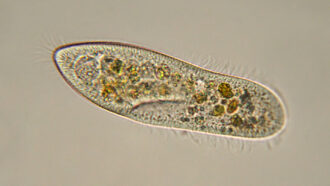 Life
LifeScientists Say: Protist
Unified by a few key traits, these diverse organisms come in all shapes and sizes.
-
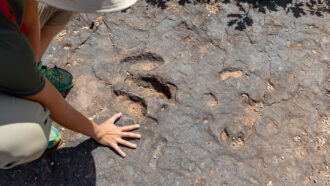 Life
LifeScientists Say: Ichnology
This field of science looks to understand life — past and present — by studying how organisms altered their surroundings.
-
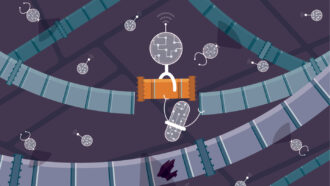 Tech
TechSynthetic biology aims to tackle disease and give cells superpowers
DNA machines and protein-mimicking nanotech could replace broken machinery in cells or even lead to made-from-scratch synthetic life.
-
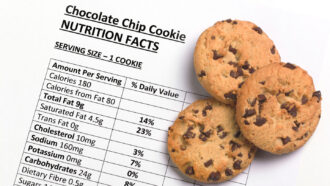 Health & Medicine
Health & MedicineScientists Say: Calorie
These little units help us measure energy transfer in chemistry, nutrition and beyond.